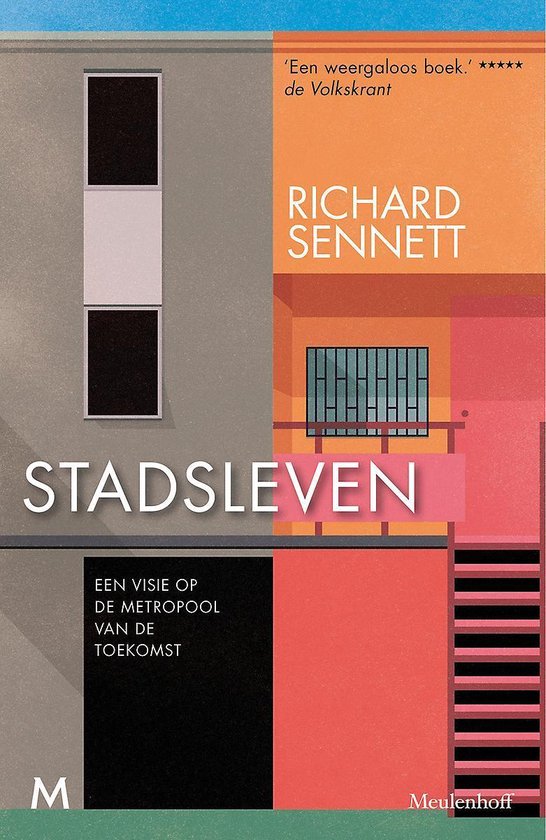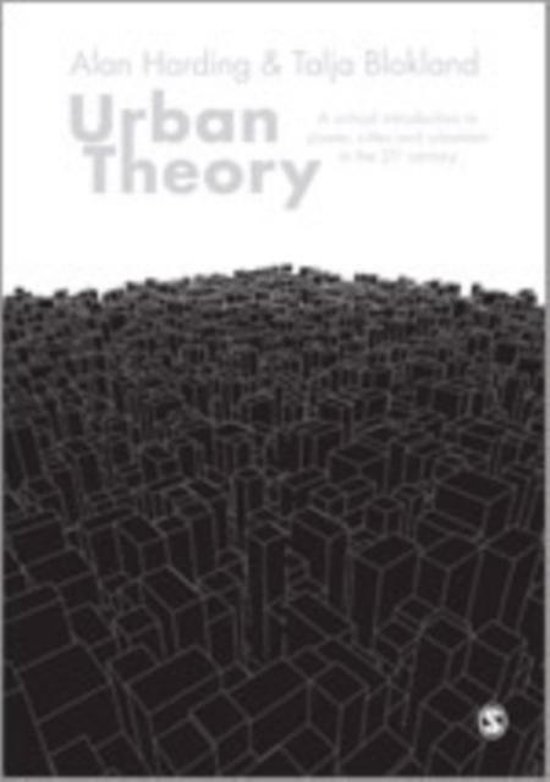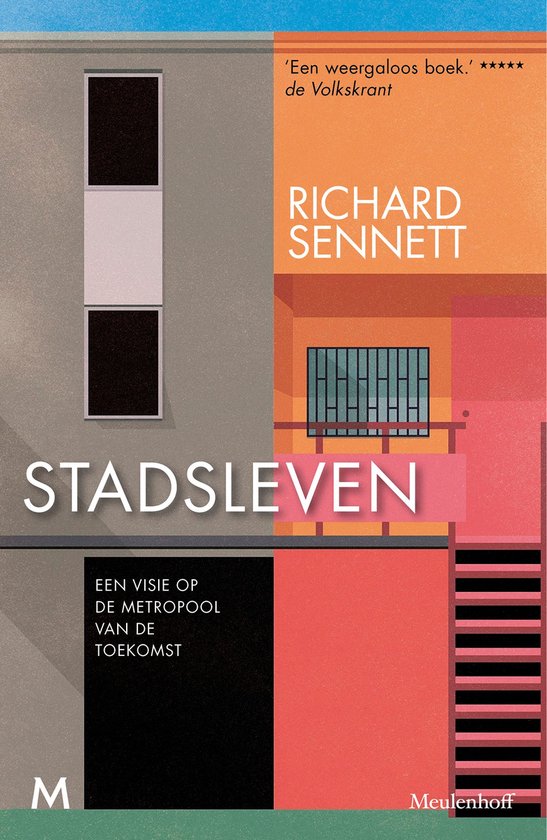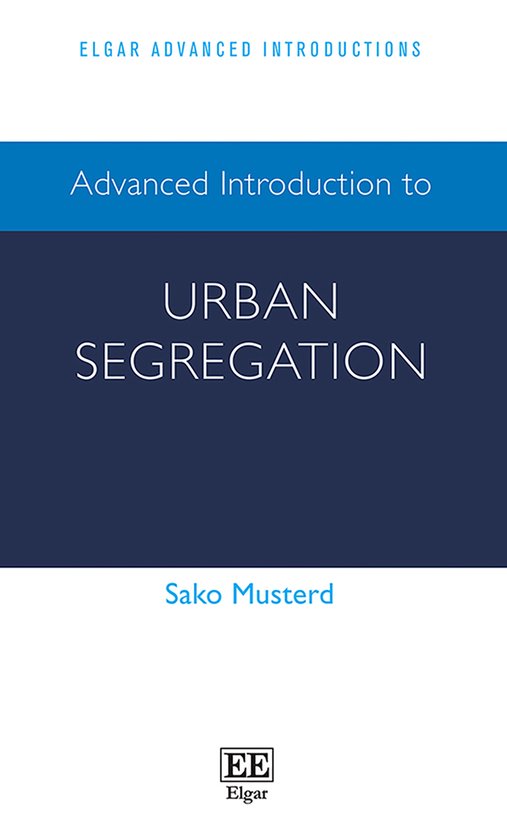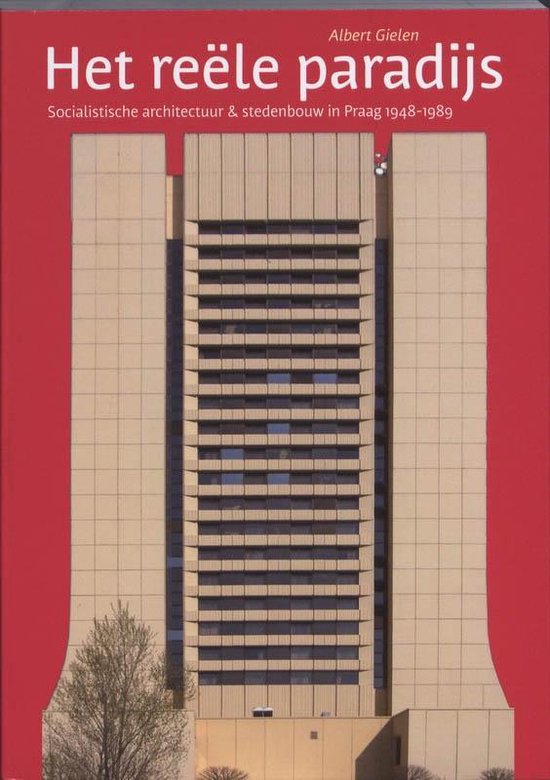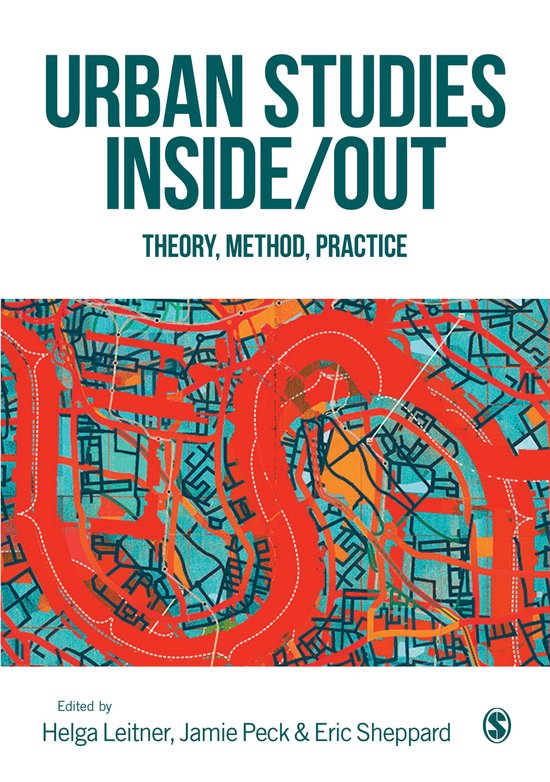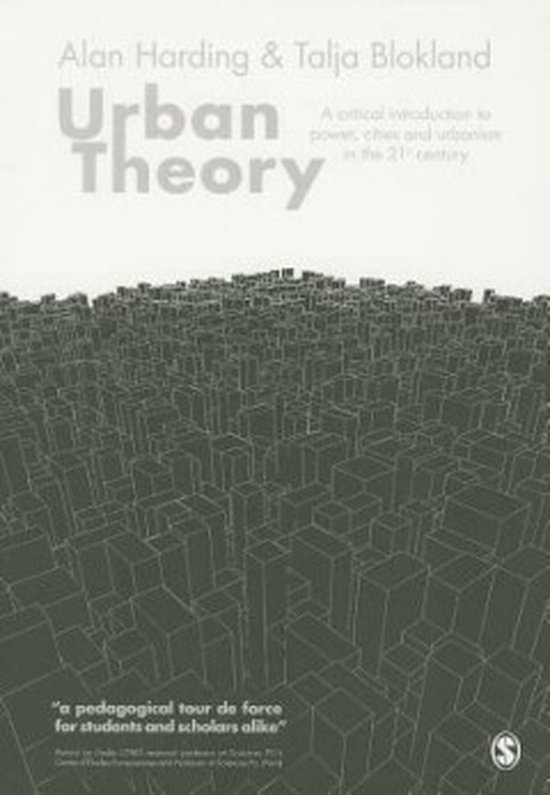
Urban Theory
This interdisciplinary introduction to urban theory explains how the concepts that help us understand the contemporary urban experience have developed and been applied. It discusses a wide range of work - within political science, economics, g
What is Urban Theory? How can it be used to understand our urban experiences? Experiences typically defined by enormous inequalities, not just between cities but within cities, in an increasingly interconnected and globalised world. This book explains:
What is Urban Theory? How can it be used to understand our urban experiences? Experiences typically defined by enormous inequalities, not just between cities but within cities, in an increasingly interconnected and globalised world. This book explains:
- Relations between urban theory and modernity in key ideas of the Chicago School, spatial analysis, humanistic urban geography, and ‘radical′ approaches like Marxism
- Cities and the transition to informational economies, globalization, urban growth machine and urban regime theory, the city as an "actor"
- Spatial expressions of inequality and key ideas like segregation, ghettoization, suburbanization, gentrification
- Socio-cultural spatial expressions of difference and key concepts like gender, sexuality, race, ethnicity and "culturalist" perspectives on identity, lifestyle, subculture
- How cities should be understood as intersections of horizontal and vertical – of coinciding resources, positions, locations, influencing how we make and understand urban experiences.
| Auteur | | Alan Harding |
| Taal | | Engels |
| Type | | Paperback |
| Categorie | | Mens & Maatschappij |
